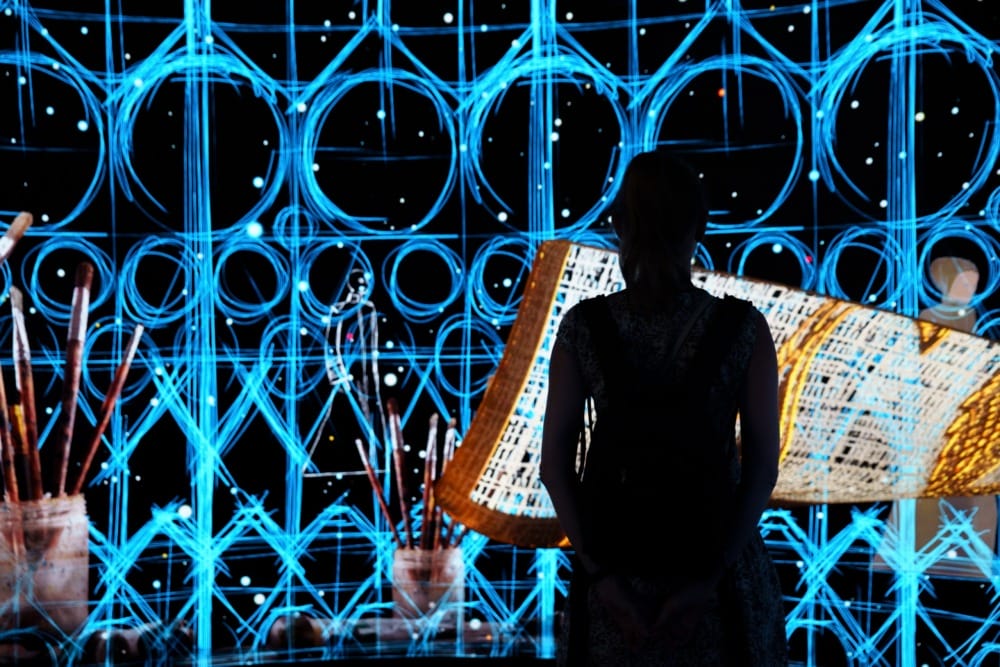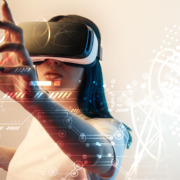Marketers are often the ones tasked with thinking up the “next big thing.” But in a world where artificial intelligence can generate new ideas and products, what is the value of human imagination? Let’s explore this question and its implications for the future of marketing.
Last week, AI generated art won first place at the Colorado State Fair. In doing so, it achieved what art should achieve–a furious discussion. The AI was a tool, like a brush or a camera. Jason Allen, the artist, had to manipulate the tool to achieve the winning result. He used Midjourney, one of many AI art generators publicly released last month. A new favorite, DreamStudio is also available to play with. The interesting part here is that there is a craft to this AI work. In fact, a new marketplace for “AI Whisperers” has emerged. These are the wordsmiths that manipulate the machine, the human imagination required to write the prompt.
The decreasing cost and increasing availability of AI is driving its adoption across industries. From retail to automotive, businesses are using AI to automate tasks, improve efficiency, and drive growth. For marketers, AI can be a powerful tool for generating new ideas, testing and personalizing messages, and understanding customer behavior. However, AI is not just a tool for marketers – it’s also a competitor. In the near future, AI will be able to create entire campaigns on its own, from concept to execution. So what is the value of human imagination in a world where AI can do the same thing? There are a few possible answers to this question. First, humans are still needed to come up with the initial idea for a campaign or product. AI can then take that idea and run with it, creating a more refined and targeted approach than a human could on their own. Second, humans provide the emotional connection that is essential to marketing. Even when AI can generate ideas and execute campaigns, it cannot replicate the human element of marketing. Only humans can connect with customers on an emotional level, which is essential for building relationships and trust. Third, human imagination is still needed to set the ethical boundaries for AI. As AI becomes more powerful, it is essential that humans maintain control over its applications. As we explore the value of human imagination in a world of AI, it’s clear that there are still many ways in which humans are essential to the future of marketing.
-James Rice, Digital Experience





